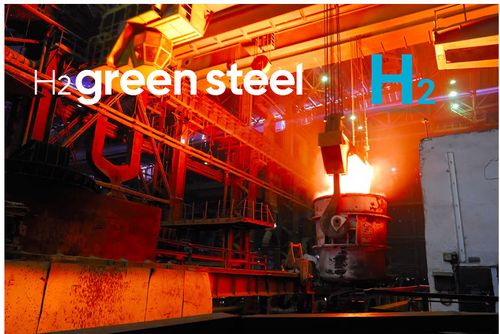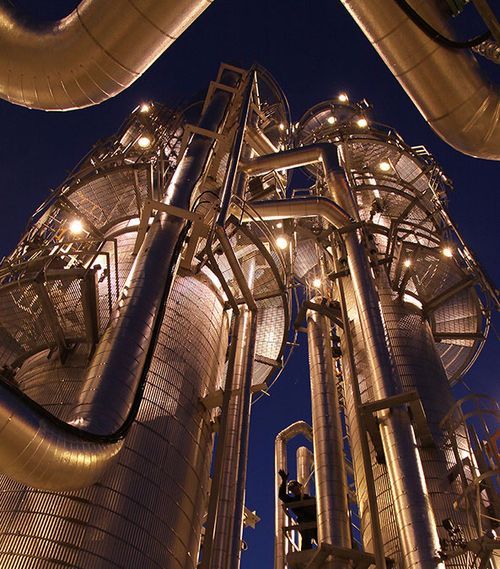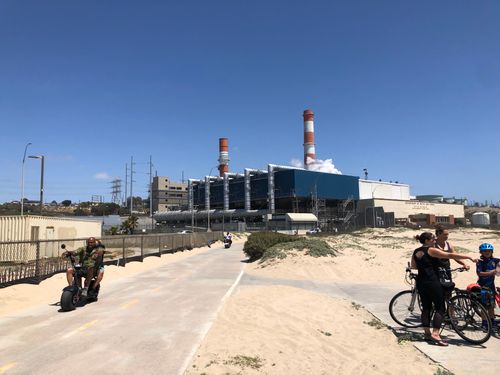Camber Energy, a NYSE-traded energy company, has reached a deal to acquire 100% of the interests in New Rise Renewables, the owner of a newly developed renewable diesel plant in Reno, Nevada.
The plant, which will produce 43,000,000 gallons per year (5,971,585 MMBTUs) of renewable diesel from triglyceride oils such as corn, was purchased for $499m, representing a purchase price of $750m less $251m of existing company liabilities, according to a securities filing. The seller is RESC Renewables Holdings, a predecessor company to Ryze Renewables, which developed the project.
The renewable diesel produced by New Rise Renewables Reno is completely interchangeable with diesel derived from petroleum and can efficiently power diesel engines, such as semi-trucks and large-scale emergency generators. Phillips 66 is under contract to supply all of the feedstock for New Rise Renewables Reno and will purchase 100% of the renewable diesel product for use and sale nearby in California.
The parties had reached a framework for the deal in late 2021, subject to purchase price adjustments and other closing conditions.
Reno-based Greater Commercial Lending (GCL) facilitated $112.6m in government-guaranteed credit for the development of New Rise Renewables Reno. Eighty percent of the GCL-arranged financing for New Rise Renewables Reno is guaranteed by the United States Department of Agriculture (USDA) via its 9003 Biorefinery, Renewable Chemical and Biodiesel Production Manufacturing Assistance Program. The financing structure includes participation by GCL parent Greater Nevada Credit Union, other credit unions, insurance companies and secondary market groups.
Renewable diesel is made by causing chemical reactions through the addition of hydrogen to the natural fats and oils. New Rise has deployed proven state-of-the-art efficient and cost-effective technology methods, which involves hydrogenating the triglycerides, according to an August news release. The process uses hydrogen, pressure, catalyst and heat in an efficient manner, allowing reactions to be uniform and controlled – increasing yield, lowering operating costs and allowing for feedstock flexibility.
The fuel plant is located in the Tahoe-Reno Industrial Center, the largest industrial park in the world. Other occupants include Tesla, Walmart, Google, FedEx, Switch and Panasonic.








